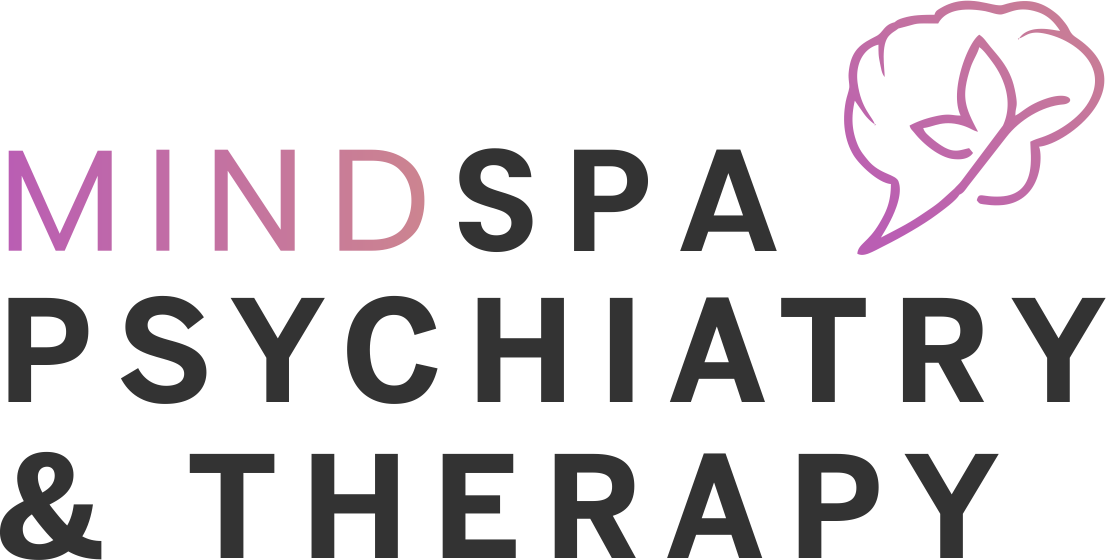Brain fog is frustrating. It makes thinking hard and focusing even harder. You may feel slow, confused, or just “off.” This feeling can come from stress, lack of sleep, or even poor diet. The good news? Brain fog isn’t forever. With small daily changes, you can clear your mind and sharpen your focus again. Let’s look at how to get back on track.
What Is Brain Fog?
Brain fog isn’t a medical term. But it’s a very real feeling. You may forget things. You may struggle to focus. You may feel mentally “cloudy.” It can affect your work, mood, and energy. Brain fog is your brain’s way of saying: something’s not right.

Common Causes of Brain Fog
A variety of things may trigger brain fog. Here are the most common:
- Lack of sleep: Your brain needs rest. If one lacks enough sleep, it can not function well.
- Poor Diet: Processed foods, excess sugar, and dehydration slow the brain..
- Stress: High stress blocks clear thinking. Your brain gets stuck in fight or flight.
- Hormones: Hormonal shifts (like menopause or thyroid issues) can affect clarity.
- Medications: Some of the meds induce mental fog among their side -effects.
- Medical Conditions: Fibromyalgia, depression, anemia, and so on can undermine focus.
- Lack of exercise: A move increases the blood and brain power.
How to Regain Focus and Beat Brain Fog
1. Fix Your Sleep Routine
Get 7–9 hours of sleep every night. Go to bed and wake up at the same time. Keep your room dark and cool. Avoid screens one hour before bed. Your brain needs deep sleep to heal and reset.
2. Eat Brain-Boosting Foods
Eat whole foods. Add fruits, vegetables, nuts, seeds, and fish. Cut back on sugar and fried foods. Drink lots of water. Try green tea or matcha for a natural brain lift.

3. Get Moving Daily
Exercise doesn’t need to be hard. A 20-minute walk helps. Yoga, stretching, or dancing works too. Movement increases blood flow to the brain. That clears the fog.
4. Take Screen Breaks
Too much screen time can drain your focus. Use the 20-20-20 rule. Every 20 minutes, look 20 feet away for 20 seconds. Step outside or stretch to refresh your brain.
5. Practice Deep Breathing
When your mind feels fuzzy, stop and breathe. Try this: inhale for 4 seconds, hold for 4, exhale for 4. Repeat. It calms stress and brings oxygen to your brain.

6. Declutter Your Space
Messy space, messy mind. Clean your desk or room. A tidy space helps you think clearly. Fewer distractions mean better focus.
7. Make a Simple To-Do List
Don’t try to do everything at once. Brain fog makes multitasking worse. Write down 3 small tasks. Do one at a time. Check each off. It builds momentum and focus.
8. Avoid Multitasking
Do one thing at a time. Give it your full attention. Switching tasks tires your brain and creates confusion. Focus sharpens when you slow down.
9. Limit Sugar and Caffeine
Sugar gives a short boost, then a crash. Too much caffeine can make you anxious and tired later. Try to cut back. Replace soda with water or herbal tea.
10. Try Supplements Wisely
Some supplements may help, like omega-3s, vitamin D, or magnesium. But always check with your doctor first. Natural doesn’t mean safety for everyone.
11. Take Mental Breaks
Work in short bursts. Try the Pomodoro method: 25 minutes of work, 5-minute break. Rest helps your brain reset and refocus.
12. Talk to Someone
Sometimes, brain fog is a sign of depression, anxiety, or burnout. Talking helps. A therapist or doctor can guide you to the right help or treatment.
When to See a Doctor
To prevent brain fog from returning, stick to a regular sleep schedule, eat clean meals, stay physically active, and manage stress. Take regular breaks, drink plenty of water, and practice mindfulness daily. These simple habits work like vitamins for your brain, keeping your mind sharp, clear, and focused every day.
If brain fog won’t go away, see a doctor. Especially if it comes with:
- Mood changes
- Memory loss
- Confusion
- Trouble speaking
- Fatigue that doesn’t improve
It may be linked to a health issue that needs treatment.
Conclusion
Brain fog can make life feel harder than it is. But it doesn’t last forever. With small daily habits—better sleep, food, movement, and rest—you can clear your mind and focus again. Listen to your body and take care of your brain. When you do, you’ll start to feel like yourself again.
Ready to feel like yourself again? Book a consultation at MindSpa Psychiatry& Therapy at our Boynton Beach location today and take the first step toward better mental health. Our caring providers are here to listen, support, and help you heal—secure, easy, and in person.
Frequently Asked Questions
How do I get my brain out of a fog?
Start with sleep, hydration, and healthy food. Move daily, take screen breaks, and breathe deeply. Clear clutter and simplify tasks. If brain fog continues, talk to a doctor to rule out underlying health issues.
How to focus with brain fog?
Break tasks into small steps. Remove distractions. Use a timer and take breaks. Avoid multitasking. Focus on one thing at a time. Use deep breathing and grounding techniques to bring your mind back to the present moment.
What causes brain fog and lack of concentration?
Common causes include lack of sleep, poor diet, stress, hormonal changes, medications, and medical conditions. Dehydration, lack of exercise, and digital overload can also make it harder to focus or think clearly throughout the day.
Is brain fog permanent?
No, brain fog is usually temporary. It often goes away with lifestyle changes like better sleep, diet, exercise, and stress management. But if it lasts for weeks or worsens, it’s important to seek medical advice for possible underlying causes.
Why can't I think clearly anymore?
Your brain may be tired, stressed, or lacking nutrients. Sleep loss, burnout, illness, or hormonal shifts can all affect clarity. Review your habits and health. If symptoms continue, consult a doctor to find the root cause.

